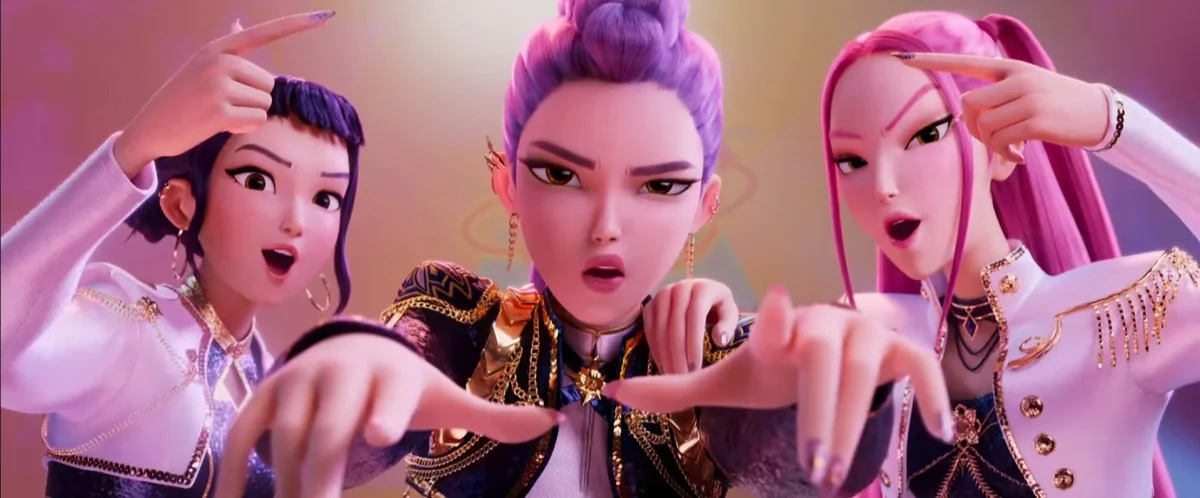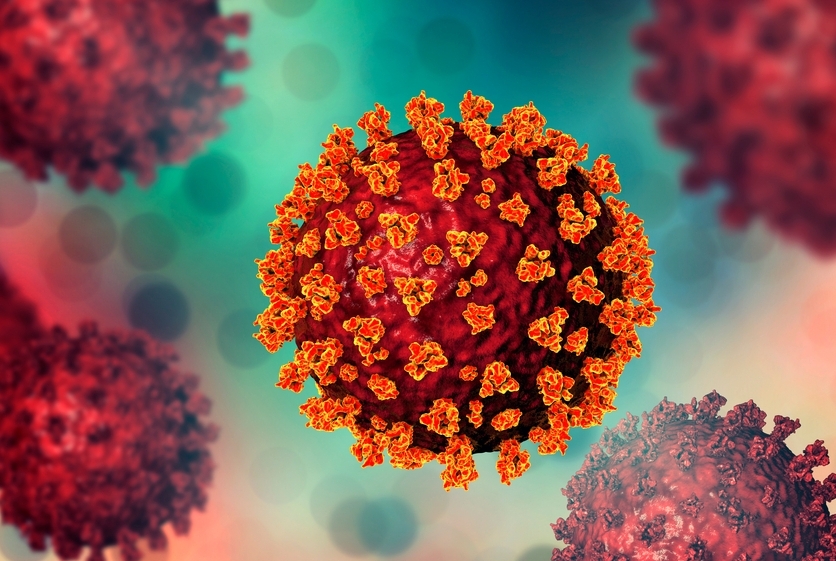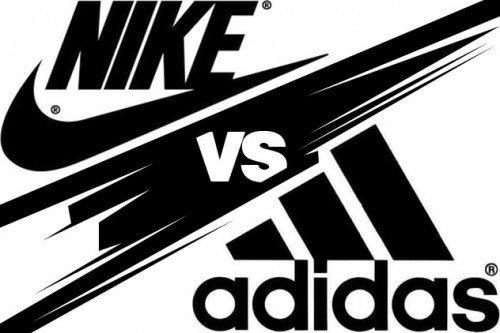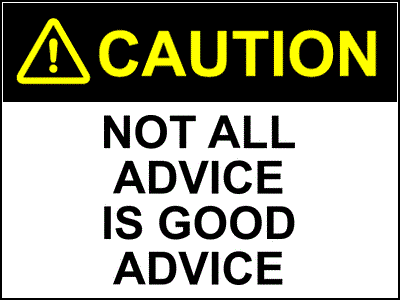Have you ever wondered why the world made such a big deal about COVID-19? Hopefully, after reading this, you can find an answer to that question.
COVID-19 is a virus first discovered in Wuhan, China, in 2019. It didn’t gain widespread attention until March 2020, leading most states to mandate masks and transition to fully digital schooling. However, the expected return to normalcy didn’t happen until two years later, on February 28, 2022. Even though COVID-19 no longer poses as significant a threat, it’s essential to continue taking necessary precautions to stay safe.
There are diverse beliefs about COVID-19, with some veering into the realm of conspiracy theories. According to Gale in Context, approximately seventy-one percent of US citizens believed that the government was involved in COVID-19. Monika Evstatieva, a journalist for NPR, elaborates on these theories in her article “Anatomy Of A COVID-19 Conspiracy Theory.” She mentions a belief that COVID-19 was orchestrated by global elites, such as Bill Gates, to introduce vaccinations worldwide, including with tracking chips. Some even suggest these chips would be activated by 5G technology. While these theories may lack complete accuracy, they may contain fragments of truth.
Another theory is that the vaccine was released prematurely without full testing for side effects. This notion holds more credibility than some other theories but lacks substantial evidence to confirm its validity.
The changing government recommendations at the pandemic’s outset and seemingly illogical or unsafe restrictions fueled the spread of these theories. Instances of celebrities who endorsed restrictions but didn’t adhere to them also stirred doubt, suggesting they might possess undisclosed insights about COVID’s actual severity.
These are just a few of the numerous COVID-19 conspiracy theories. While their veracity remains uncertain, it’s crucial to consider them and identify any that may hold some truth.




























